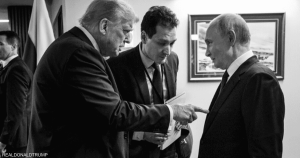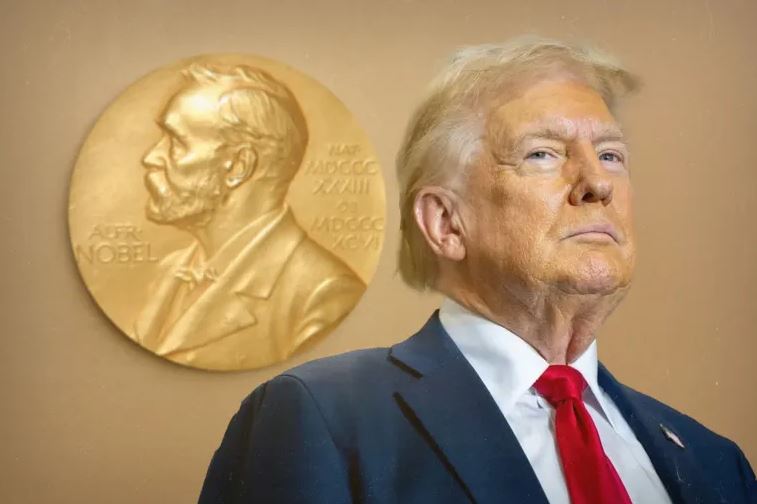The New York Times revealed in an extensive report that the close relationship between U.S. President Donald Trump and Indian Prime Minister Narendra Modi over the past years has entered a severe stalemate following a series of tensions. These began with Trump’s repeated claims that he “resolved” the military conflict between India and Pakistan and escalated with the imposition of harsh tariffs on Indian imports.
The newspaper explained that the first spark of the dispute was a phone call on June 17, during which Trump boasted about his role in halting military escalation between New Delhi and Islamabad. He even hinted that India should nominate him for the Nobel Peace Prize after Pakistan announced its intention to nominate him. However, Modi, fed up with these statements, responded sharply, affirming that the ceasefire was a bilateral decision between India and Pakistan without any American mediation.
Weeks after the call, Trump announced a 25% tariff on Indian imports, later doubling it to 50% to punish New Delhi for continuing to purchase Russian oil. This move, described by Indian figures as “bullying,” created an unprecedented crisis in economic relations between the two countries and pushed India to reconsider its trade partnerships with the United States, according to Euronews.
In India, Trump’s status fell from “true friend” to “open adversary.” Public anger turned into visible demonstrations; giant effigies representing Trump appeared at popular festivals, labeling him a “traitor,” while a senior Indian official described the U.S. administration’s behavior as “explicit coercion.”
The New York Times explains that the nature of the India-Pakistan conflict, which dates back more than seven decades, makes any reference to external intervention a highly sensitive issue in Indian domestic politics.
For Modi, who built his popularity on his image as a “strong man” confronting Pakistan, acknowledging Trump’s role in halting the fighting would have been interpreted as a humiliating concession.
Alongside disputes over Pakistan, Indian anger escalated due to immigration restrictions imposed by the Trump administration, affecting H-1B visa holders and Indian students, as well as deportations of undocumented Indian immigrants in scenes considered humiliating to the Indian public.
Amid these tensions, Modi turned to Beijing and Moscow to strengthen relations with China and Russia, sending a clear message to Washington that New Delhi will not remain captive to American pressures. This comes at a time when India is trying to balance its growing economic interests with its political independence.













Recommended for you
Exhibition City Completes About 80% of Preparations for the Damascus International Fair Launch
Talib Al-Rifai Chronicles Kuwaiti Art Heritage in "Doukhi.. Tasaseem Al-Saba"
Unified Admission Applications Start Tuesday with 640 Students to be Accepted in Medicine
Egypt Post: We Have Over 10 Million Customers in Savings Accounts and Offer Daily, Monthly, and Annual Returns
Al-Jaghbeer: The Industrial Sector Leads Economic Growth
His Highness Sheikh Isa bin Salman bin Hamad Al Khalifa Receives the United States Ambassador to the Kingdom of Bahrain